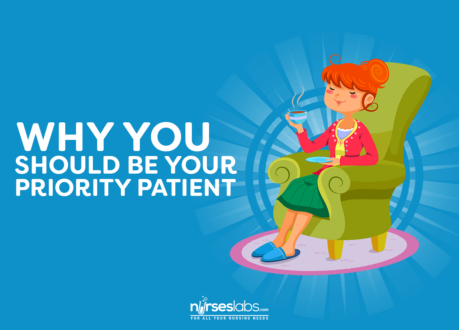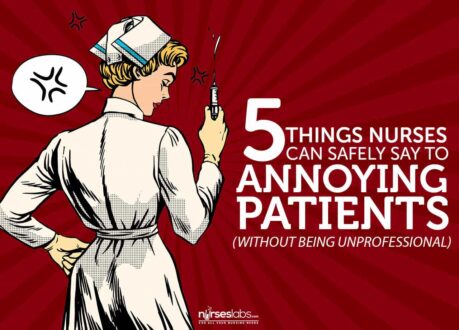Calling your doctor in the middle of the night isn’t anything close to fun. Aside from the fact that not all doctors are very accommodating when it comes to late night calls, paging doctors in the middle of the night can mean something’s wrong with your patient- something that can’t be put on hold until the next morning.
But before you go ahead and dial his number, make sure you check the following dos and don’ts of paging doctors at night:
Do’s
1. Do a thorough assessment of your patient before making any call. Take the latest vital signs so you can update your doctor. You should also be clear when assessing your patient’s concern. If you aren’t sure if it’s worth making that call, ask around first. There’s a good chance your supervisor has a similar experience and knows how to deal with it.
2. Ensure that you have all the relevant information at hand, such as laboratory and diagnostic results as well as the list of medications the patient is taking. As much as possible, keep the patient’s chart nearby and open it to the last written doctor’s order. You can also prepare an extra sheet of paper for taking down notes.

3. Use the SBAR method when calling your doctors at night. This include Situation, Background, Assessment and Recommendation.
4. Repeat any orders to the doctor and, if possible, make him repeat himself. Some drugs, such as Cefotaxime and Cefuroxime, can sound the same. If an order sounds confusing or inappropriate, act as your patient’s advocate and clarify. Doctors are only humans and they can also commit mistakes- particularly when they’ve just woken up.
5. Document everything, including the time and duration of call. If the doctor gets upset with the call and makes a fuss out of it, document it as well and tell it to your charge nurse.
“Doctors aren’t always grumpy. They can yell at you for calling them late but the next day, they’ll greet you like nothing happened,” a 9-year ICU nurse shared.
Don’ts
1. Don’t get intimidated in making that call. Although you’ve probably heard a lot of horror stories about paging doctors at night, you should still be assertive and professional. Doctors don’t always hate receiving calls. In fact, some of them actually appreciate getting updates about their patients, regardless of the time.
“We have doctors who routinely call at night to ask about their patients. As a nurse, it makes my work easier. I don’t have to worry about waking them up in the middle of the night,” a nurse admitted.
2. Avoid sounding aggressive to the point that you’re offending your doctor. Although it’s right for nurses to give their opinions, you should still show respect and be polite no matter how cranky and grumpy he is.

3. Don’t take a doctor’s reaction personally. If you do, the rest of your shift gets affected, too. It can compromise not only the quality of care you can give your patients but their safety as well.
4. Don’t forget to thank your doctor. Although helping patients is part of his job, showing appreciation can help foster a better working relationship. Sooner or later, you would no longer feel intimidated when dropping calls late at night.
5. Don’t pretend like you know everything. If the order involves a new procedure or medicine you’re not yet familiar with, make sure to ask some help from your fellow nurses or redial your doctor’s number. It’s actually better to face a cranky and frustrated doctor than put your patient’s life at risk.
How do you prepare when paging doctors at night? What scary experiences do you have?













Leave a Comment